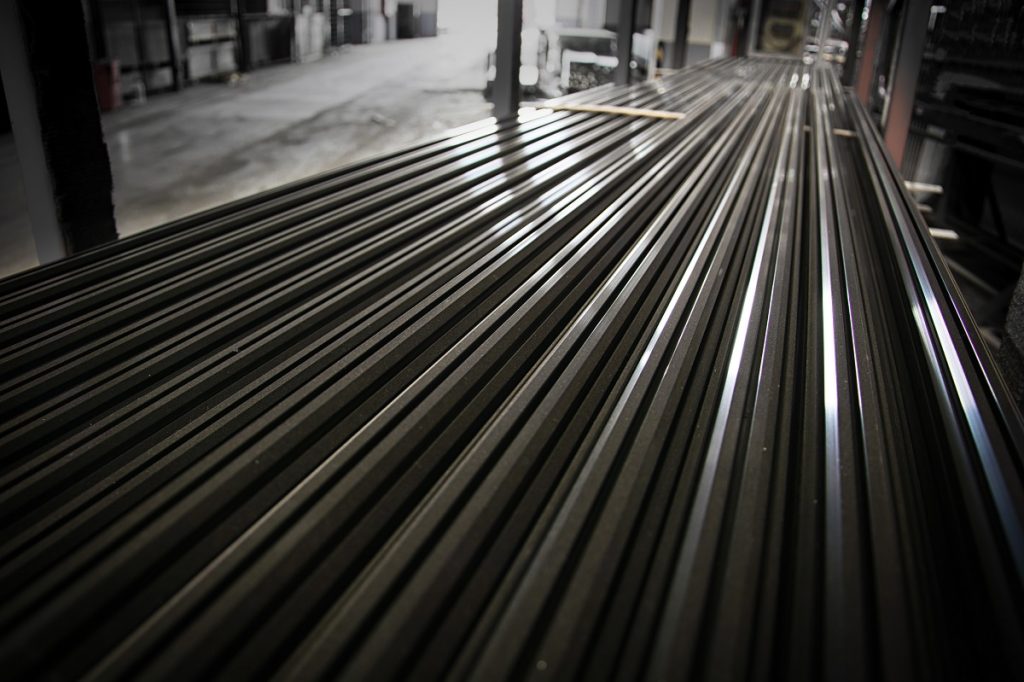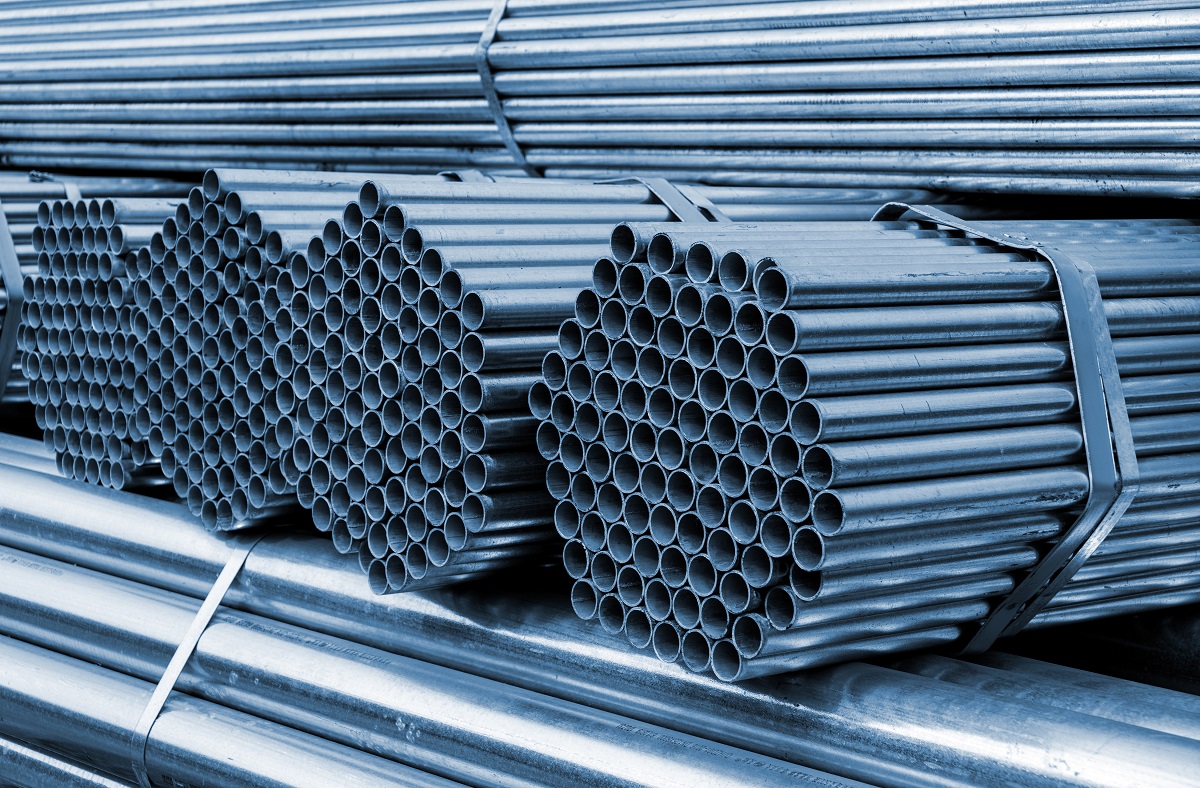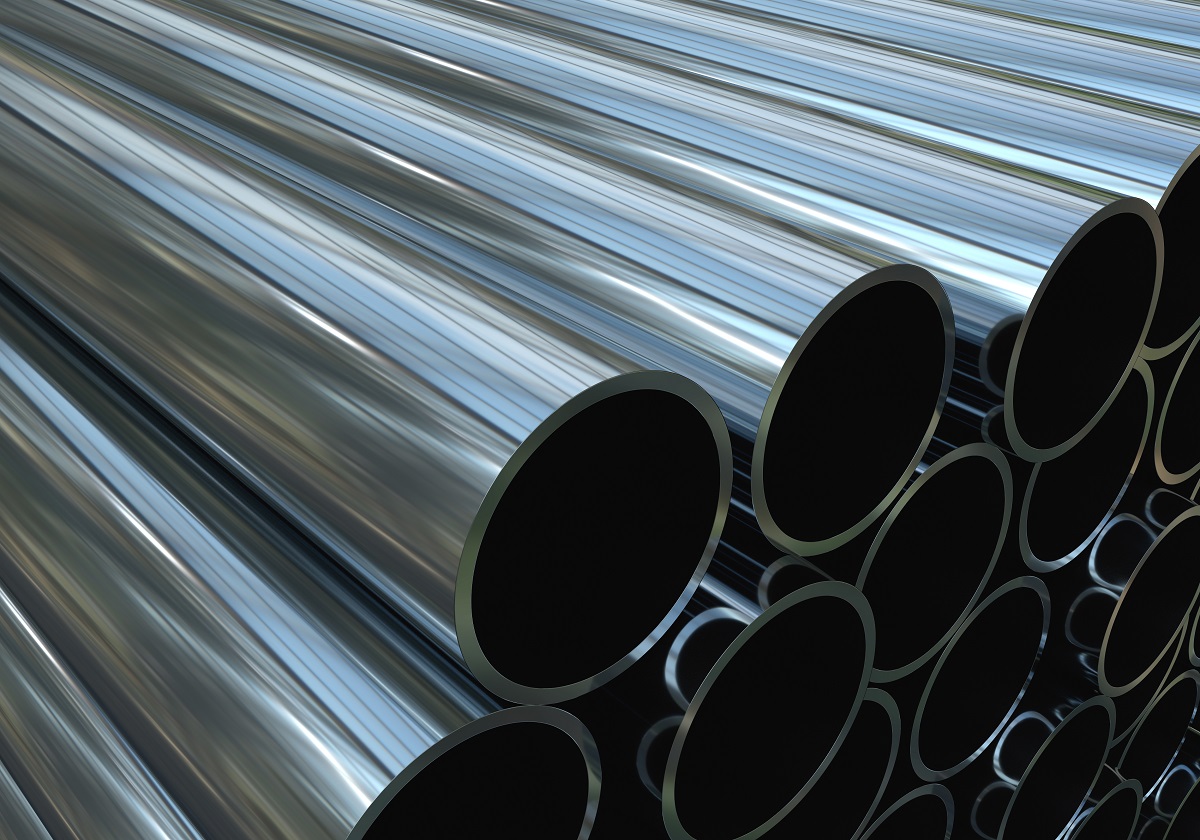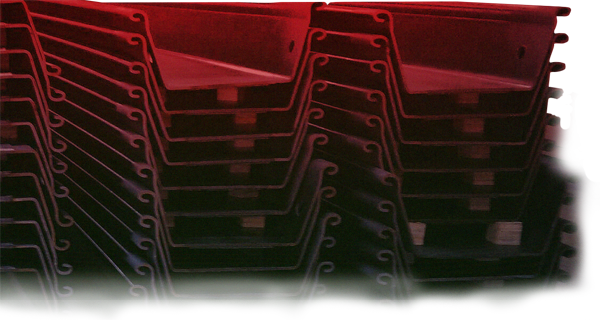What Are the Different Types of Steel?

What are the different types of steel?
- Carbon Steel
- Alloy Steel
- Stainless Steel
Steel is arguably the most ubiquitous material in the world of construction and engineering. We come across this material every day — in our cars, refrigerators, washing machines, and tools. But did you know that this is not a single product? In fact, there are over more than 3,500 different grades of steel with a wide range of properties. We’d probably take forever to explain these individually. Fortunately, the different types of steel can be separated and categorized into groups based on their chemical compositions. We’ll be exploring them here today! Continue reading to learn more about the different types of steel, their distinctive properties, benefits, and uses:
Carbon Steel

Carbon steel is the most common group of steel, accounting for 90% of steel production. It is an iron-carbon alloy that holds up to 2.1 WT. % carbon. This number may seem like a small measure, but in the construction and engineering industry, the percentage introduces a wide array of unique benefits.
Carbon steel is classified into three categories according to its carbon content:
- Low Carbon Steel: the most popular form of carbon steel. Its best features are its low hardness, low cost, high ductility, toughness, and weldability. Typical applications of low carbon steel are car parts, pipes, construction, and food cans.
- Medium Carbon Steel: these carry greater strength compared to low carbon steel. However, it’s ductility and toughness are compromised. Medium carbon steel is often used in railway tracks, crankshafts, and machinery parts.
- High Carbon Steel: this type of carbon steel carries a carbon content of 0.60 to 1.25W 30%. It contains the highest hardness and durability within all the carbon steels but holds the lowest ductility. These are often very wear-resistant. You can find these in cutting tools, wires, and dies.
Alloy Steel
Alloy steel is one of the unique steals out there. It is composed of common alloy metals (aluminum, manganese, titanium, nickel, copper, silicon, and chromium) in varying proportions, which make this type of steel versatile and suitable for many applications. The alloying elements can change and personalize properties — their flexibility, strength, formability, and hardenability.
For instance, if you would like a more uniform appearance to your steel, chromium, and nickel is added. If you want a more durable and robust steel, a steel supplier will add in more manganese.
Because it is so versatile, it possesses several mechanical properties. These are often used and included in the manufacture of transformers, auto parts, electric motors, generators, pipelines, shipping containers, and much more.
Stainless Steel

Chromium is the primary element that is used in stainless steel, comprising 10 to 20% of its total steel composition. Stainless steel has been used for years because of its stunning visual appearance, and its high resistance to rust. In fact, it is approximately 200 times more resistant to rusting compared to other steel pipes.
When it comes to costs, stainless steel leans toward more on the expensive side. But many individuals invest in stainless steel because they are extremely capable of withstanding wear and tear. This is popularly utilized in hygienic environments such as in bathrooms, as it is quickly disinfected, sterilized, and is resistant to corrosion. You will see these in surgical and dental instruments, operating tables, and even medical equipment like MRI scanners.
Key Takeaway
Steel is one of the prime materials used today, with over thousands of different variations that conform to various standards and uses. Although there are many types of steel, it can be easily categorized into three categories – carbon, alloy, and stainless.
Metal Exponents is the country’s finest steel supplier. We are comprised of a team of steel experts and have been providing topnotch customer service and products for over 40 years. We supply an extensive range of steel for a variety of applications. Click here to discover what we can do for you!


